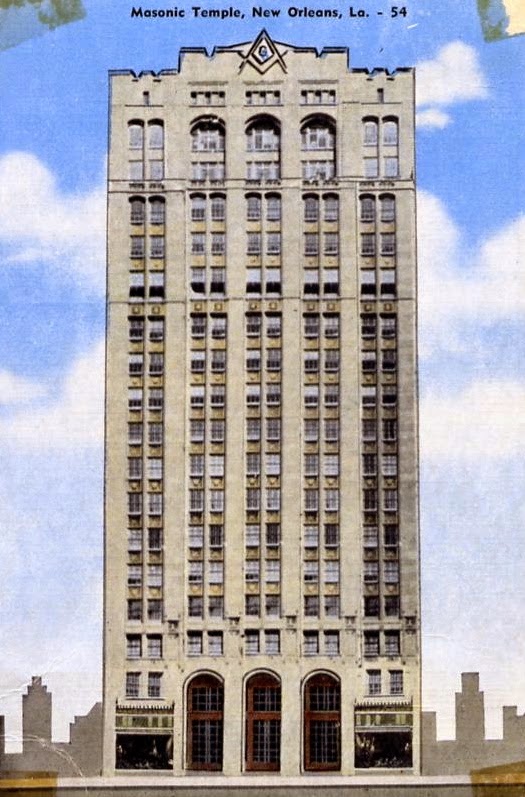C'est la vie des Cajuns,
Sont partir couper du bois,
Pour emmener son hache à main,
Pour chasser les ouaouaron.
 |
| Hackberry Ramblers, 1945 Westley "Chink" Widcamp (bass), Jim Gentry (mandolin), Luderin Darbone (fiddle), Eddie Shuler (guitar), Edwin Duhon (guitar seated), Lennis Sonnier (guitar) |
Crowley has been the heart of Acadia Parish; an area which became the capital of rice farming for south Louisiana since the 1870s. However, it wouldn't be unusual to have the locals in the nearby town of Rayne, known for it's frog export businesses, to chop up frogs and use the frog meat for dinner. The song seems to be a slower version of "T'en A Eu, T'en Au Vas" which is better known as "Step It Fast" first recorded by the Breaux family. The group consisted of Lennis Sonnier on guitar, Joe Werner on harmonica, Luderin Darbonne on fiddle, and either Joe or Lennis on vocals. Johnny Purderer on upright bass. It contains one the shortest set of lyrics in Cajun music, with a strong harmonica sound by Joe Werner filling in for solos.
 |
| New Orleans Masonic Temple |
It's the life of the Cajuns,
To leave chopping wood,
Taking an axe,
To hunt bull frogs.
- The Old-time Herald: A Magazine Dedicated to Old-time Music, Volume 9
- Lyrics by Jerry M
Early Recordings: 1935-1948 (Arhoolie, 1988)
Hackberry Ramblers: Early Recordings: 1935-1950 (Arhoolie, 2003)
Cajun Country, Vol. 2, More Hits from the Swamp (JSP, 2005)
Cajun Capers: Cajun Music 1928-1954 (Proper, 2005)
The Best Of Cajun & Zydeco (Not Now, 2010)
The Best Of Cajun And Zydeco (Rapier, 2014)
Hackberry Ramblers: Early Recordings: 1935-1950 (Arhoolie, 2003)
Cajun Country, Vol. 2, More Hits from the Swamp (JSP, 2005)
Cajun Capers: Cajun Music 1928-1954 (Proper, 2005)
The Best Of Cajun & Zydeco (Not Now, 2010)
The Best Of Cajun And Zydeco (Rapier, 2014)









